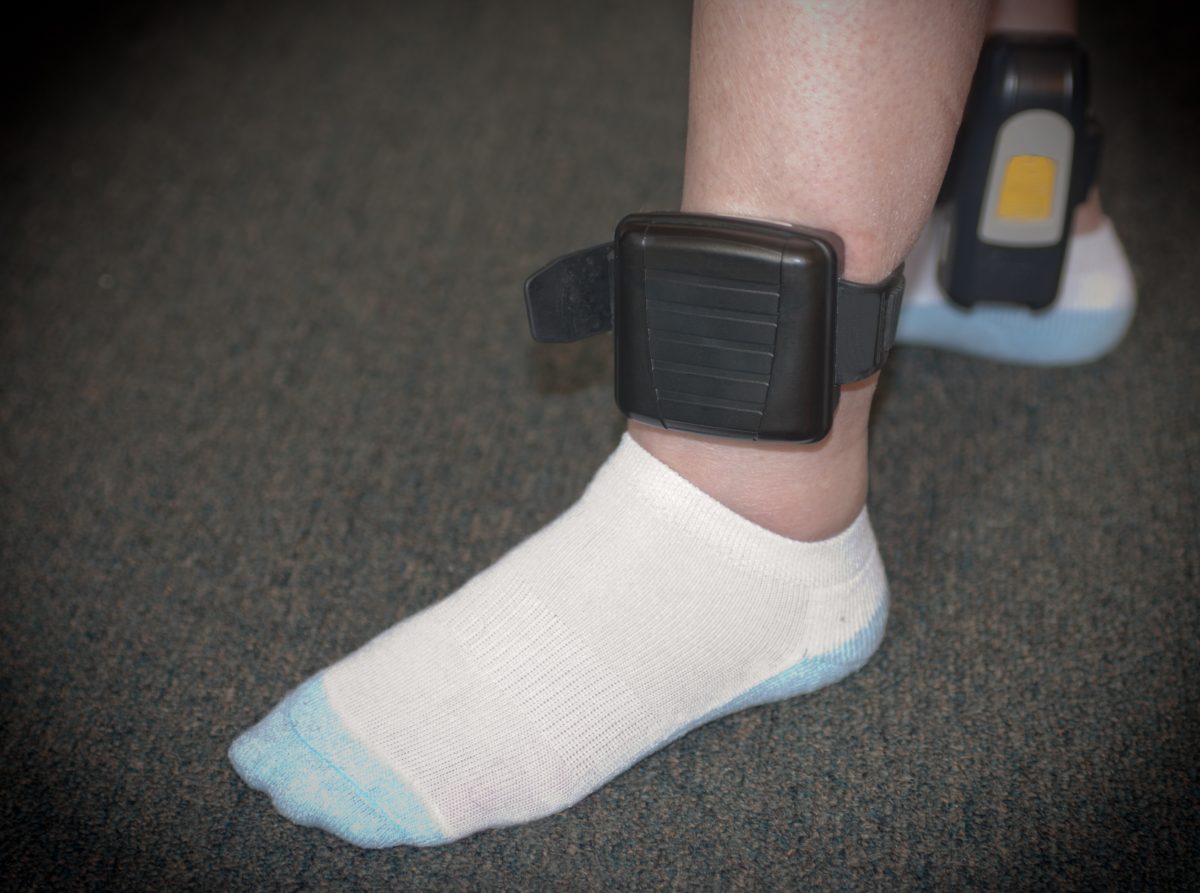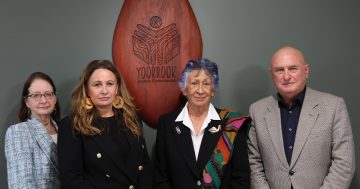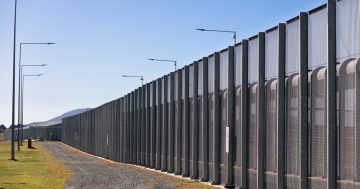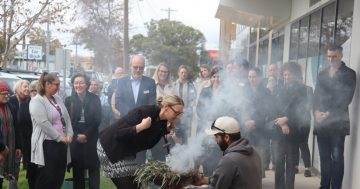
VALS says that since last year’s referendum, the State Government has ignored a crucial report by the Yoorrook Justice Commission and broken another longstanding promise to Aboriginal people through this bill. Photo: Enigmangel.
The Victorian Government has reversed its decision to change youth bail laws and will instead introduce a trial to use electronic monitoring devices for the surveillance of children.
Attorney-General, Jaclyn Symes, made the announcement in spite of the State Government having committed to removing the reverse onus provisions for children in the Bail Act, with exceptions for homicide and terrorism charges. Reverse onus provisions force an individual to prove why they should be on bail, rather than the prosecutor and police having to prove why they should remain locked up.
The Victorian Aboriginal Legal Service (VALS) says this has meant a significant number of people have been deprived of their liberty who have never been found guilty of a crime, and the new trial will only bolster this by subjecting youth to surveillance and electronic monitoring without being found guilty by the courts.
It was these provisions that led State Coroner John Cain to call the Bail Act a “complete and unmitigated disaster”. He declared they bore responsibility for the huge increase in Victoria’s prison population, which was why VALS recommended to have them removed entirely for adults and children.
According to the Human Rights Law Centre (HRLC), they have left 80 per cent of the children detained in youth prisons waiting in pre-trial detention, and government failure to address discriminatory laws like this, are remanding Aboriginal and Torres Strait Islander children in pre-trial detention at unacceptably high rates.
HRLC says Victoria’s bail laws are incompatible with its Human Rights Charter as they unfairly remove children from their families and funnel them into prisons to be warehoused on remand before they have been convicted or sentenced for the alleged offending they were arrested for.
On top of this, HRLC believes the announced electronic monitoring trial is another form of criminalisation and punishment. VALS refers to the US where the practice has become a huge private industry and cash-making venture, showing it to have been a failed alternative to imprisonment.
VALS also says the Victorian Government had planned a similar trial for children on parole in 2018 but decided to abandon it after listening to experts and community organisations. Those consulted state the electronic monitoring systems have been found in studies to have many of the same harmful impacts of incarceration, with constant hardware and software issues making them incredibly ineffective, and they represent a form of hyper policing that often sets individuals up to fail.
VALS CEO Nerita Waight said they were devastated after trusting the Allan Government who had “betrayed” children in the hope it would win them votes at the next election.
“Jacinta Allan has certainly been trying to calm the horses in her own caucus in recent weeks, and it seems like this announcement is more about internal Labor Party politics and the Premier’s safety from her own MPs, than it is about community safety,” said Ms Waight.
“This is a betrayal of the promises they have made under the Aboriginal Justice Agreement and the National Agreement for Closing the Gap. It is a senseless decision.”
The legal service said it had engaged with the government in good faith over the past five years during consultations on 2023’s Bail Amendment Bill and the upcoming Youth Justice Bill, yet they had never notified them of considering these tactics, even telling them in February they were progressing the bail reforms for children as they were originally proposed in last year’s bill.
VALS said it was only in the late evening of 19 March it was told these reforms would not be implemented, at the same time when government funding for its dedicated legal practice for Aboriginal children was about to expire.
“All Victorians would have been safer if the Allan Government delivered the bail reforms for children that they promised so many times, and if they invested in services like VALS’ dedicated service for Aboriginal children – Balit Ngulu – which keeps children out of the criminal legal system, not entrenched [in] it,” said Ms Waight.
“Instead of giving Aboriginal people a voice to parliament, Jacinta Allan has sent us a message from parliament, and that message is that abused and traumatised children are expendable.”








